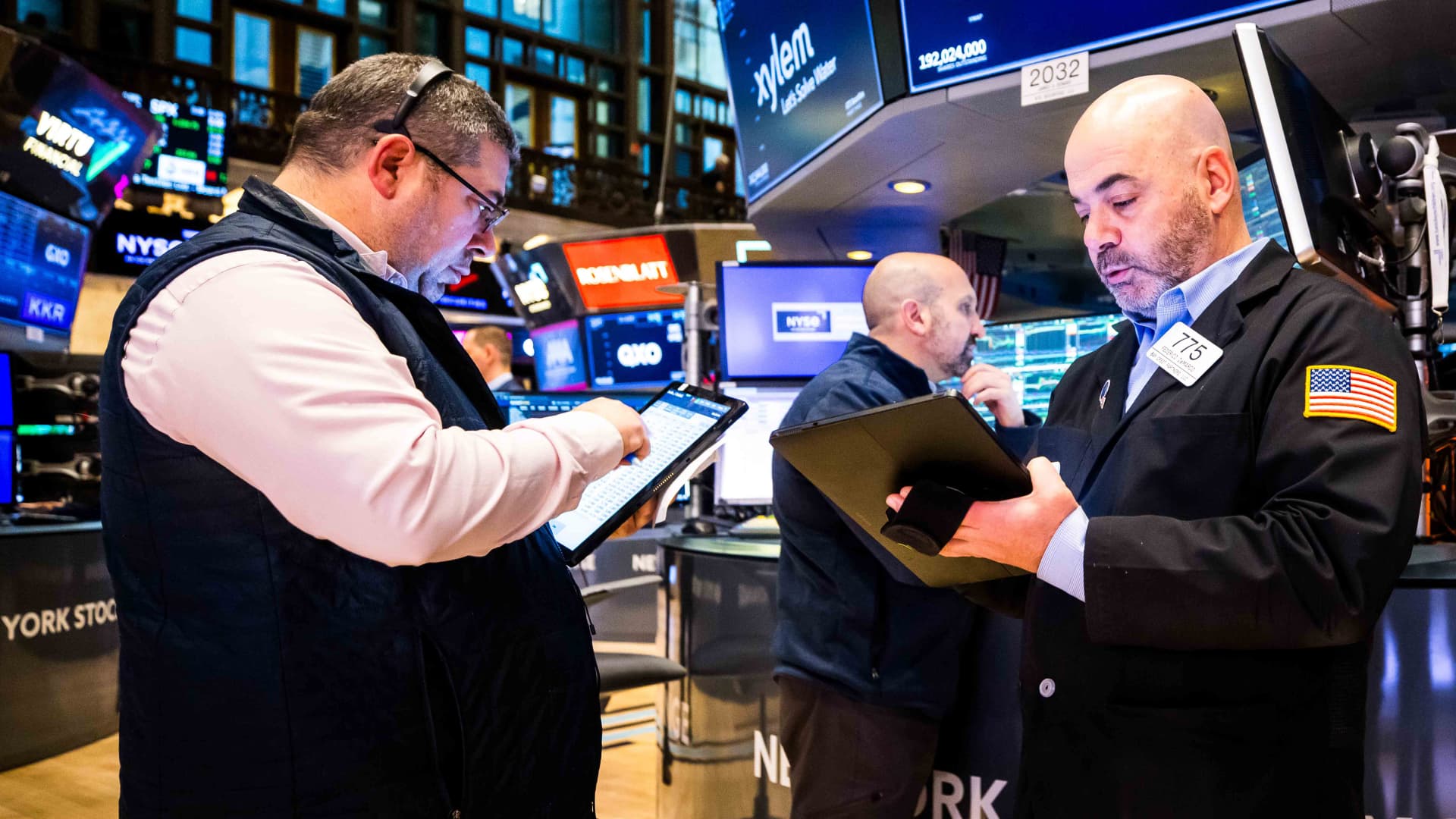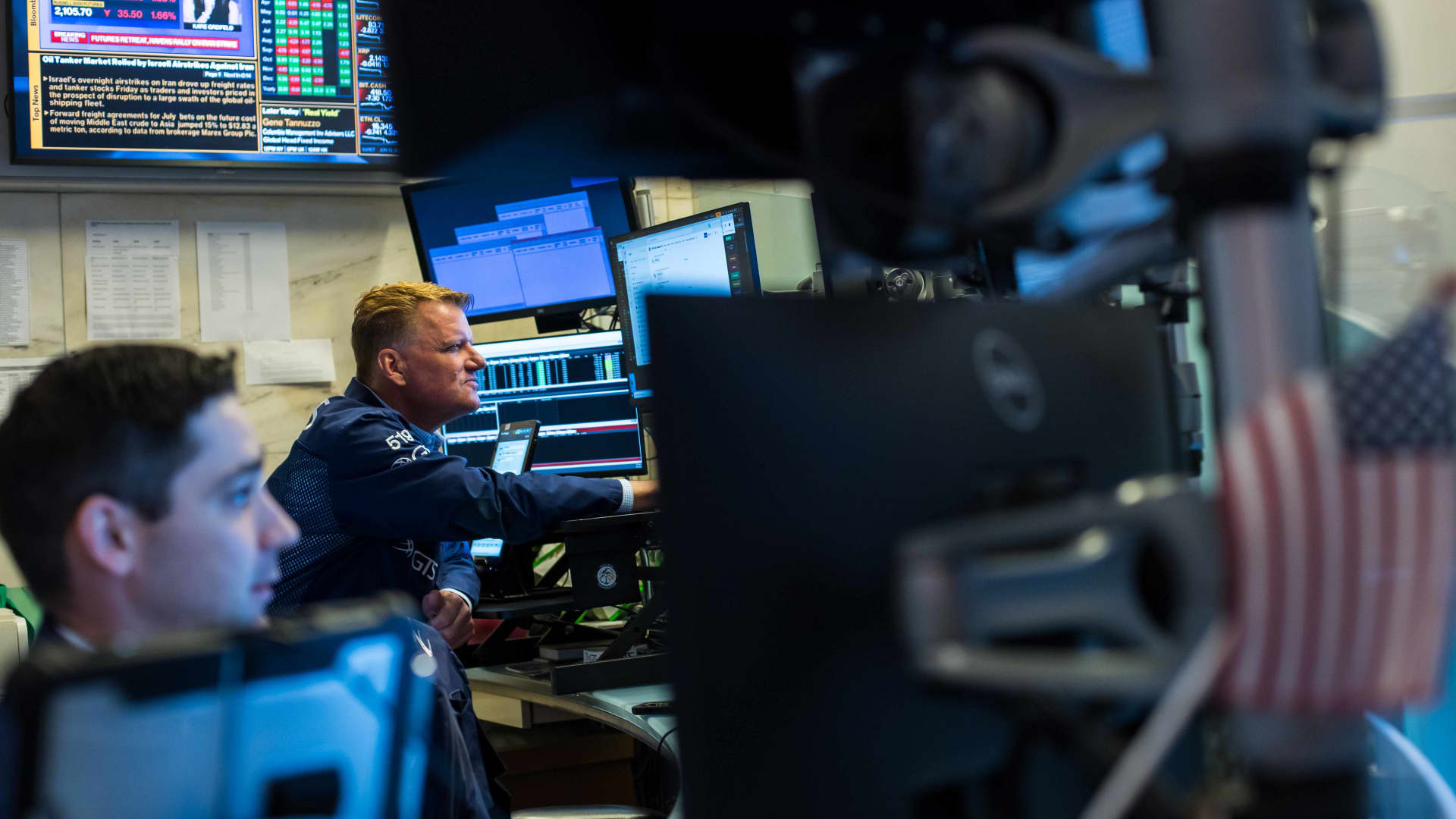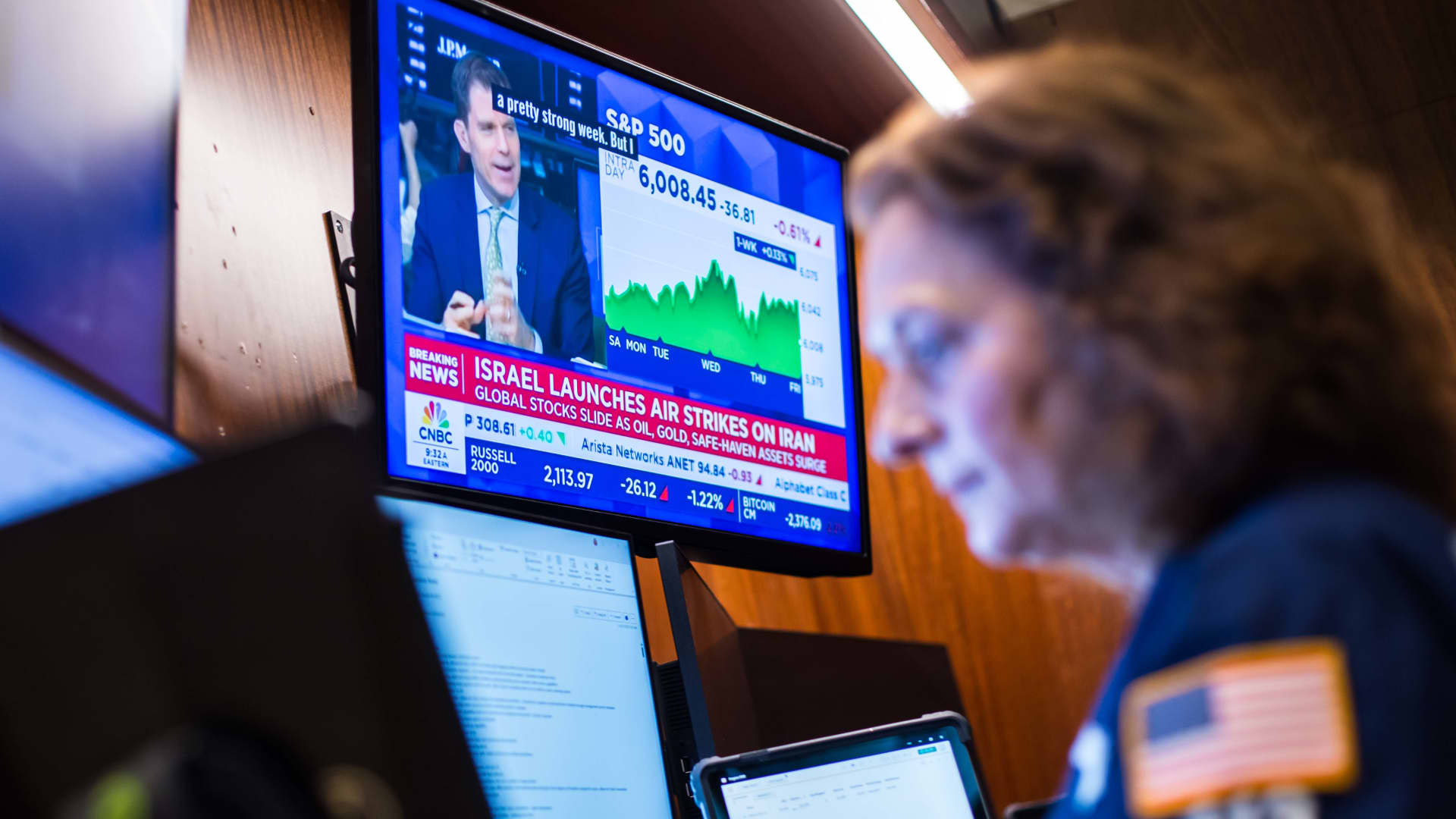Stock picking looks easy, but the numbers prove it isn’t. S&P Global reports that after one year, 73% of active managers underperform their benchmarks. After five years, 95.5% of active managers miss the mark. After 15 years, nobody outperforms.
That is not going to change, according to Charles Ellis, a veteran investment industry figure and believer in the power of indexing. In fact, the growth of passive funds has led some in the industry to worry it will kill the active management business, a charge Ellis says doesn’t hold true, but it will remain true that active managers struggle to find an edge in the market.
“The number of people that get hired into active management keeps rising and we’re way overloaded with talent in that area and we’ll stay there as long as it is great fun, with high pay and you can also make a small fortune,” Ellis said on CNBC’s “ETF Edge” this week.
ETF industry expert Dave Nadig agreed that active managers aren’t going away. “We just had the best year for active management inflows that we’d ever had,” he said on “ETF Edge.”
Active ETFs continued their hot streak bringing in investor money in January. Still, good times for active fund flows can’t compare to the index fund and ETF flows behemoth. “It isn’t that anybody thinks active management shouldn’t exist, but the vast majority of flows are coming from fairly unsophisticated individual investors going into big indexes and big target data funds,” Nadig added.
Ellis, who first made his mark in finance by founding the consulting group Greenwich Associates, and was later a board member at low-cost index fund giant The Vanguard Group, is worried about the ETF space as it grows. “What you have to be really positive about is the increase of ETFs that are available and a steady reduction in the fees that are being charged,” he told CNBC’s Bob Pisani.
But Ellis, whose new book is called “Rethinking Investing – A Very Short Guide to Very Long-Term Investing” said success has bred some new investor dangers. “You must worry about the ETFs that are being produced much more for the salesperson than the buyer and how they’re too specialized and too narrow,” he said. Ellis is especially concerned about leveraged ETFs “so that you get explosive upside but also explosive downside.”
Ellis believes investors have to look for ETFs “that are best for you, and what you want to accomplish.”
Nadig made the point that technology has become the great equalizer in the markets: everyone has it, meaning getting an edge on other traders who often have the same or similar technology, is difficult. “Active management is possible, you’ll just never find it in advance,” he said.
“The ironic reason that active managers underperform is that they’re all so good at what they’re trying to do, they cancel each other out,” Ellis said. Because of the computing power and quantitative models that are now so accessible to stock pickers, “it’s like playing poker with all the cards face up,” he added.
Disclaimer

 Economics1 week ago
Economics1 week ago
 Economics1 week ago
Economics1 week ago
 Economics1 week ago
Economics1 week ago
 Finance1 week ago
Finance1 week ago
 Blog Post1 week ago
Blog Post1 week ago
 Economics1 week ago
Economics1 week ago
 Personal Finance1 week ago
Personal Finance1 week ago
 Economics1 week ago
Economics1 week ago












